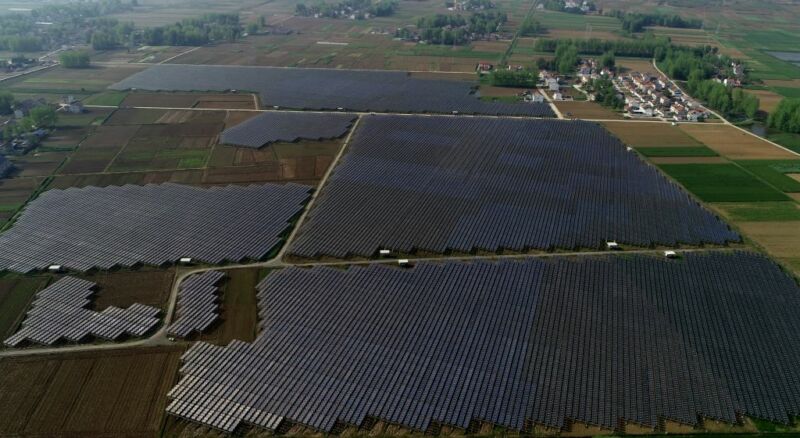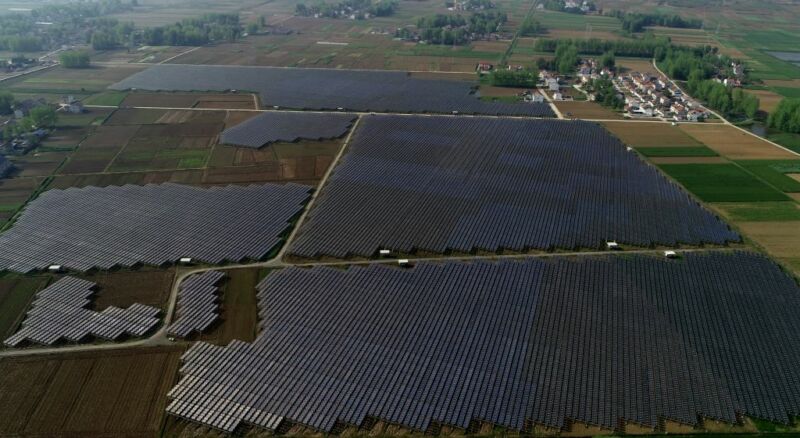
Enlarge (credit: VCG / Getty Images)
On Monday, the US Department of Energy’s Lawrence Berkeley Lab released a report entitled “Halfway to Zero,” referring to a goal of a zero-emission US electric grid. The report’s headline claim is a bit bogus, in that we’ve not cut our emissions in half relative to any point in history. Instead, they’re down to half of where they were projected to be in a report issued back in 2005.
Still, despite this sleight-of-hand, the report makes for interesting reading in that it shows how rapidly the energy market has changed and where the trends that are driving those changes might lead us in another 15 years. So, while we’re not really in a place to be patting ourselves on the back for everything we’ve accomplished, the report does provide reasons for optimism.
Persistently wrong projections
The foundation for the new work is one of the many editions of the US Energy Information Agency’s (EIA) Annual Energy Outlook, specifically the one from 2005. These publications take a look at the state of the US energy markets in the most recent year for which there is data and tries to project how those markets will evolve over the coming years. In 2005, that meant that projections went as far as 2025.





